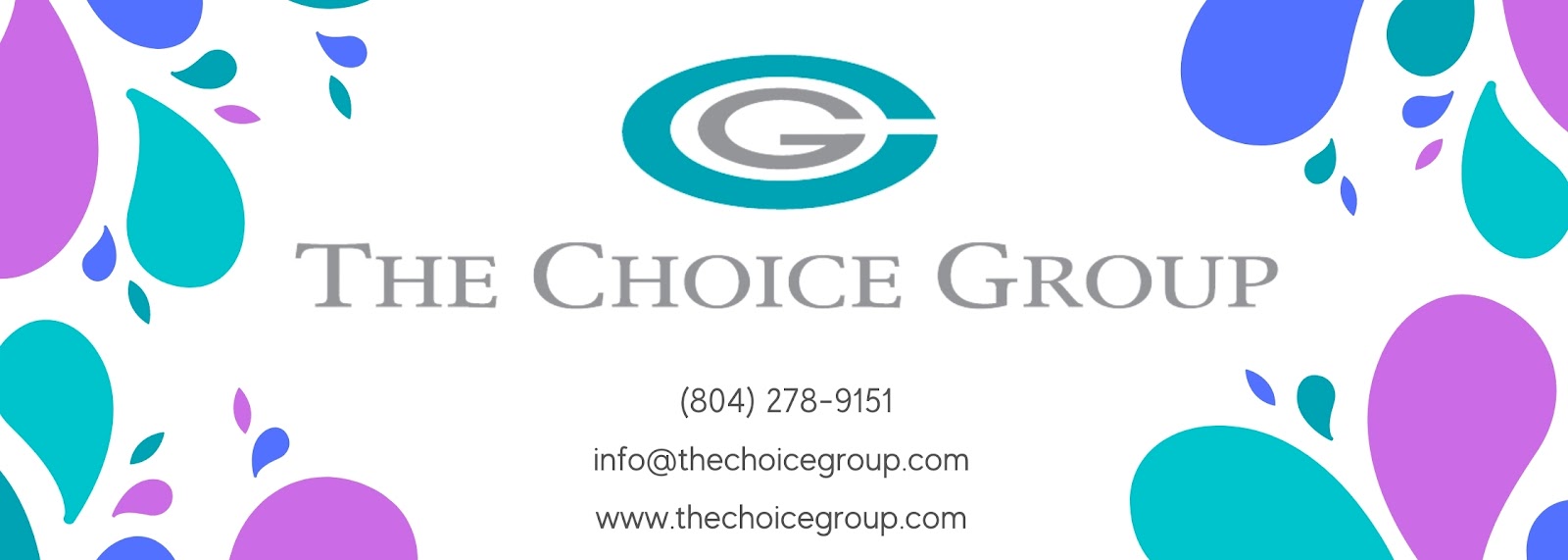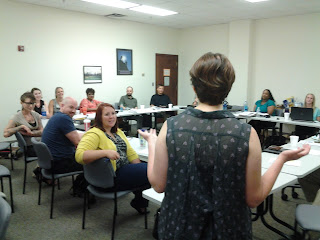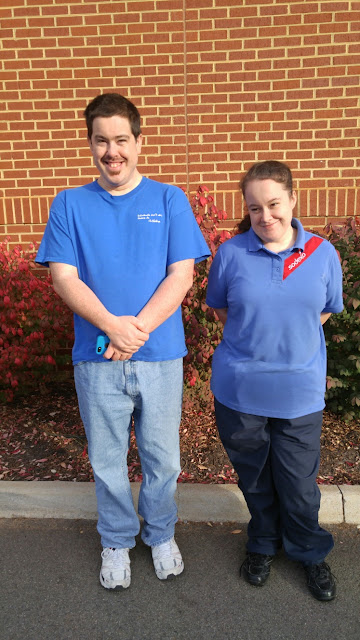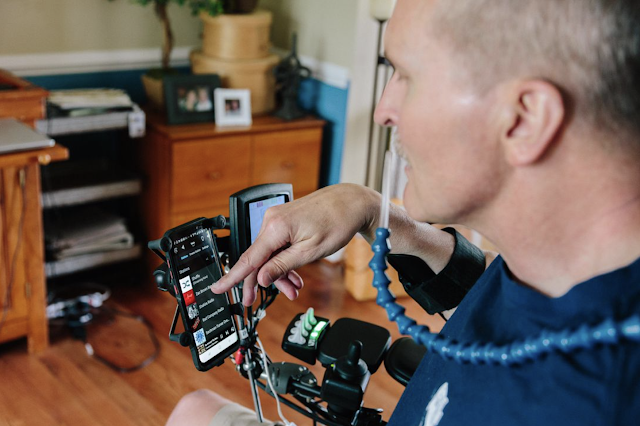"The sky's the limit, the question is, how are you going to get there?"
Recently, The Choice Group was fortunate enough to have a dynamic guest speaker. She is almost fully blind and has been most of her life. Her experience is not unique, but her perspective on disability is. She shared with us this perspective and how she gained it when seeking to learn the martial art of Krav Maga.
When she first approached her martial arts teacher revealing her desire to learn Krav Maga, he sat in thoughtful contemplation for a minute, before replying.
“Krav Maga is a striking art, which relies heavily on awareness from a distance of your opponent’s motions and location. What if you tried Brazilian Jiu-Jitsu, instead?” He replied. “It’s a grappling art, and might be better suited to someone with reduced vision. Lots of people practice Jiu-Jitsu with their eyes closed. You are in close contact with your opponent the whole time, which would allow you to grapple without having to rely on seeing where they are or what they’re doing."
This marked the beginning of our guest speaker’s paradigm shift.
"Focus on what they CAN do, not what they can’t." she began to tell us, talking about working with people with disabilities. This is small shift in perspective can be tricky. As she pointed out, people with disabilities are reminded every day of what they cannot do either implicitly or explicitly. Shifting your focus on what they can do will immediately expand horizons in a world of CAN’Ts.
She illustrated her point even further by comparing the experience to drawing a circle in the sand around a person with a disability.
"We know that they cannot step outside of the circle. We know this, because they have a 'condition of being unable to step outside of circles.’” She said. " However, what if we shifted our focus to everywhere the person can go within the circle? Then you start focusing on how big the circle can get, rather than what’s outside of the circle. The goal is to take limitations and push them as far back as they can go.”
At the Choice Group, we make it a goal to find and focus on our client’s strengths. By assisting our clients in finding employment, we hope to help them realize their full potential as individuals.
So many people we work with get defined by their disability. It’s important to take the time to get to know them for who they are. Asking them what they’d like to do is miles away and far different from asking them what they can do because, unfortunately, it often conjures a list of “cannots." Find out where their interests and motivations lie. It only takes an opportunity to explore and try new things to realize that what they are capable of.
Our speaker shared the second key component to working with people with disabilities; problem-solving. Our insight into problem-solving is that often times a person with a disability has become a master at problem-solving. Managing throughout daily life in unique ways that those without disabilities don’t ever have to think about.
"After all,” she said, “They’ve survived this long with their disability. Chances are, they know a thing or two about how to get things done."
Problem solving is key to helping them figure out how to expand that circle in the sand.
“This works kind of like the idea of transferrable skills in the world of jobs and hiring. You don’t need to have done that exact job before, if you have demonstrated that you have the skills required to accomplish what needs to be done.” Knowing the motivation behind our client’s dreams and goals will light the path to helping them realize it, even if it’s through slightly different methods.
“Often, we define disabled people’s limitations based on other people’s methods of accomplishing certain tasks…The issue is not if a person can do what they want to do, it’s ‘how’ are they going to do it?” Our speaker’s discernment of the two concepts is a great starting point and something that we, at The Choice Group, along with anyone else who works with people who happen to have a disability, should consider!
We were fortunate to have our guest speak with us about her insights into working with those who have disabilities, and as she so poignantly said, “The sky’s the limit. The question is, how are you going to get there?"






Comments
Post a Comment